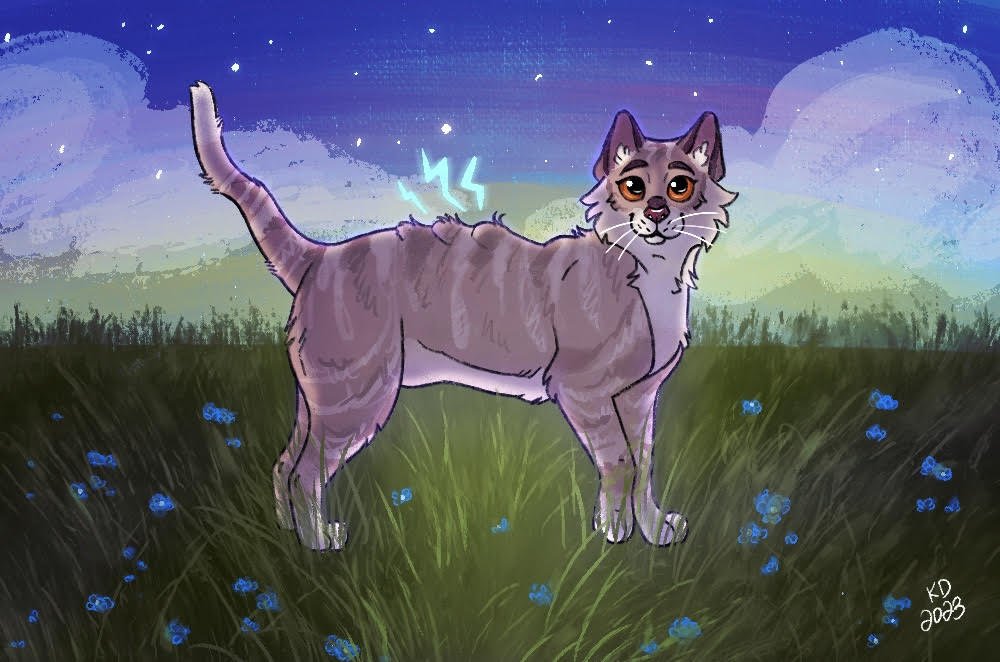Why Do Cats Shake Their Back?
Have you ever noticed a cat shaking the fur on its back? It’s a more common behaviour than you’d think. To us humans, it might seem odd that cats can shake the fur on their backs – and even odder considering that is the skin on their back that is doing the shaking. What makes a cat want to shake its back? Is there a reason for it? Is it a medical condition?
Most cat back twitching is due to involuntary reflexes of the cutaneous muscle. This can be a reaction due to several factors, including being pet, feeling anxious, or even a medical condition!
Is it Normal For My Cats Back to Twitch?
To answer the question you likely asked yourself when you first saw your cat shake its back: yes, this is mostly normal behaviour. In most cases, cats shake their backs for reasons that aren’t associated with any health issue or underlying condition. There are some conditions where this does happen, but for the most part, this is a normal behaviour.
Some cats might shake their back fur like a nervous tic. It’s hard to know exactly what makes an animal feel anxious, but for some, shaking their back fur might provide them with a little relief when they feel overwhelmed.
Sometimes when cats lay down and get comfortable, they might shake their back fur a couple of times while getting settled. Others might twitch their backs more while getting petted by humans, or while grooming themselves.
There are plenty of normal reasons for a cat’s back fur to twitch, and many more we may never understand. In most cases, it’s nothing to worry about.
When Should You Be Concerned With A Cat’s Back Twitching?
While mostly a normal behaviour, there are a few things that might cause a cat to twitch their back fur that should be cause for concern.
Hyperesthesia
Hyperesthesia syndrome is a medical condition that can cause a cat’s backsides to become extremely sensitive. The name refers to the hypersensitivity of the muscles and skin in the rear areas. This illness can cause episodes where the affected cat will display symptoms for what seems like no reason. These symptoms often come in the form of repeated back twitching, intense biting or scratching of the sensitive area, the back legs or tail. This can last anywhere from a few seconds to a few minutes. If you are worried your cat might suffer from Hyperesthesia, talk to your vet!
Flea Bites
When fleas bite your cat, they can cause itchy and uncomfortable skin. These bites can further worsen symptoms that might be associated with Hyperesthesia and should be treated as soon as possible. It is in your best interest as an owner to get rid of them as you don’t want them in your clothes or furniture.
Skin Allergies
Another potential cause for your cat’s back twitching could be allergies. Perhaps your cat is allergic to the fabric softener you use, or any number of other things. If you are genuinely concerned with how often your cat is twitching their back, ask your vet if an allergy test is the right thing to do.
Seizures
While a seizure is a lot more serious than a back twitch, it is important to be absolutely sure your cat is not having a seizure or mini seizure. A small seizure can sometimes be hard to spot. Learn the signs and symptoms as they present in cats and keep an eye out when your cat is getting twitchy.
Back Problems
Much like adult humans, lots of adult cats can have back problems! Something like a pinched nerve, bad disc, or even a pulled muscle can cause your cat to want to stretch, roll around, or shake their back fur around.
Final Thoughts
In most cases, a cat twitching its back fur is simply a cat being a cat. They might be excited, spooked, on the edge, or stressed out. If you think your cat is shaking their back more often than it should, try reducing its stress, eliminating sources of loud noise around the home, and giving them lots of slow and gentle attention. That said, cats will never likely stop shaking their backs altogether, but in some cases, a trip to the vet might be warranted. Know your cat and pay attention to its behaviour and moods!

